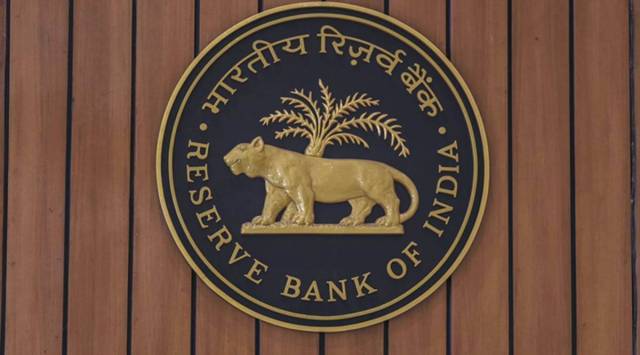Merchants, companies can’t store card data from Jan 1: RBI
The RBI has also extended tokenisation — i.e. replacement of actual card with alternate code called ‘token’ — of card-on-file by card issuers.
 “The UPI-PayNow linkage will enable users of each of the two fast payment systems to make instant, low-cost fund transfers on a reciprocal basis without a need to get onboarded onto the other payment system,” the RBI said.
“The UPI-PayNow linkage will enable users of each of the two fast payment systems to make instant, low-cost fund transfers on a reciprocal basis without a need to get onboarded onto the other payment system,” the RBI said.The Reserve Bank of India (RBI) has directed that no entity or merchant, other than card issuers and card networks, should store card details — or card-on-file (CoF) — from January 1, 2022. Simultaneously, it has also extended tokenisation of CoF by card issuers.
“With effect from January 1, 2022, no entity in the card transaction or payment chain, other than the card issuers and card networks, should store the actual card data. Any such data stored previously will be purged,” the RBI said in a circular. It had earlier barred storage of data in March 2020, but extended the deadline to December 31, 2021.
Tokenisation refers to replacement of actual card details with an alternate code called the “token”, which will be unique for a combination of card, token requestor and device. It reduces the frauds that occur by sharing card details like card number and CVV. The token is used to perform card transactions in contactless mode at point-of-sale terminals, quick response and code payments.
A CoF transaction is a transaction where a cardholder has authorised a merchant to store the cardholder’s Mastercard or Visa payment details. The cardholder then authorises that same merchant to bill the cardholder’s stored Mastercard or Visa account.
E-commerce companies and airlines and supermarket chains normally store card details in their system, the central bank said.
The Reserve Bank has permitted card issuers to offer card tokenisation services as token service providers (TSPs). The facility of tokenisation will be offered by the TSPs only for the cards issued by or affiliated to them.





- 01
- 02
- 03
- 04
- 05


























